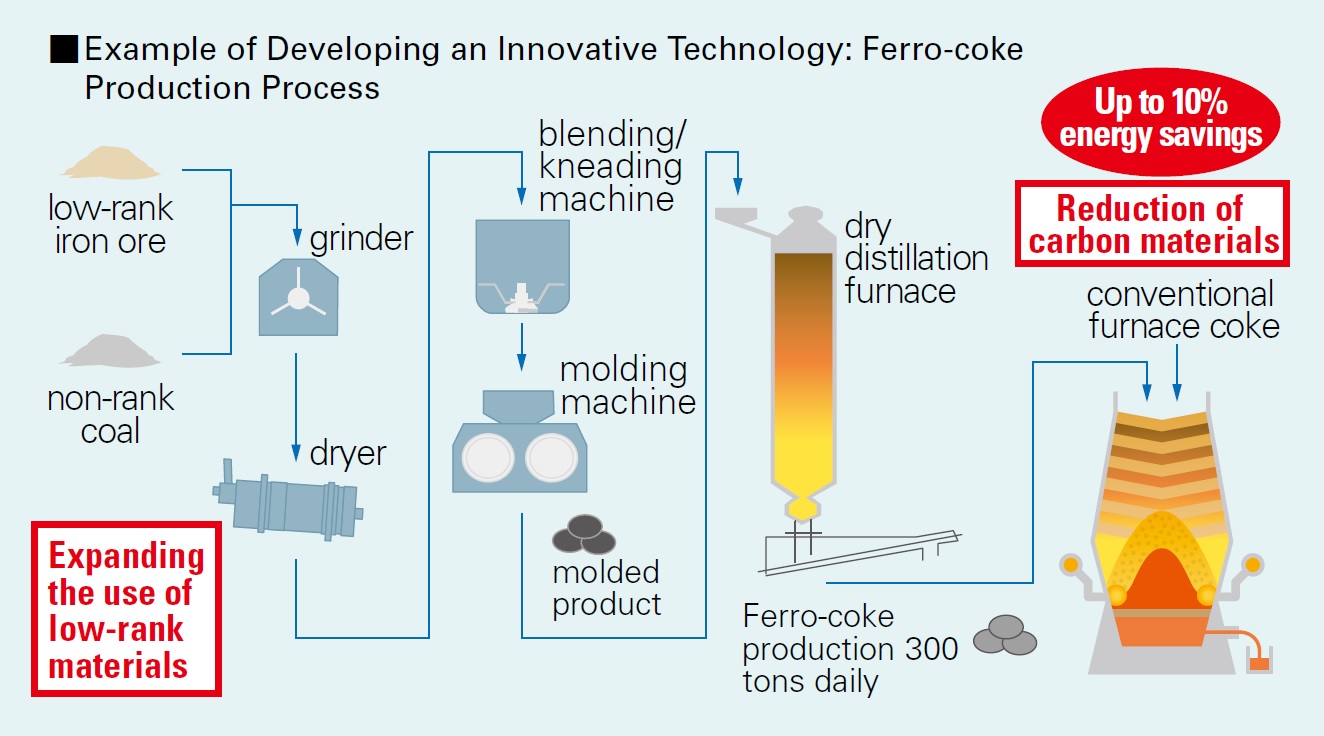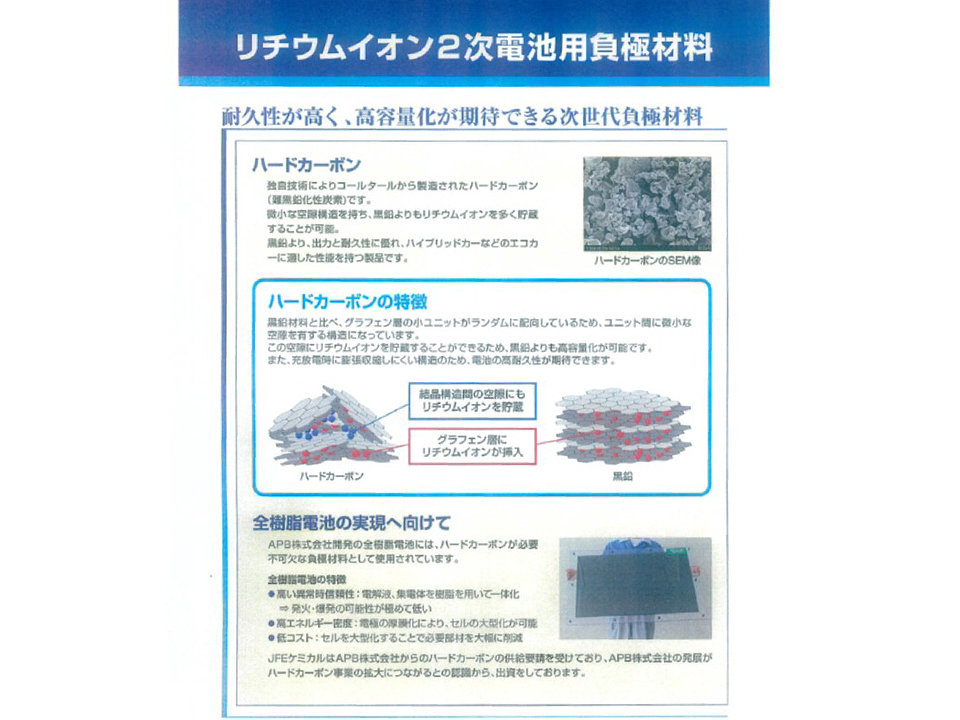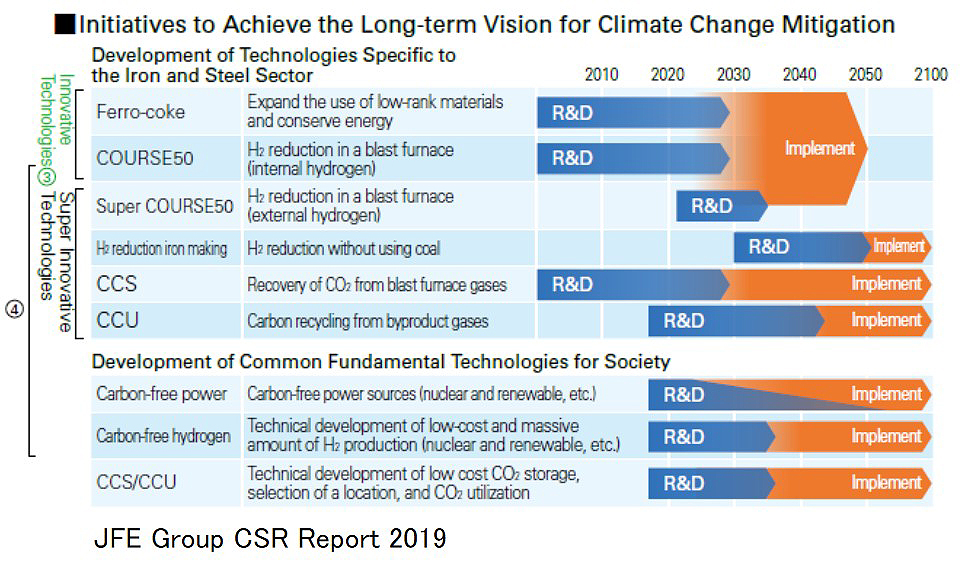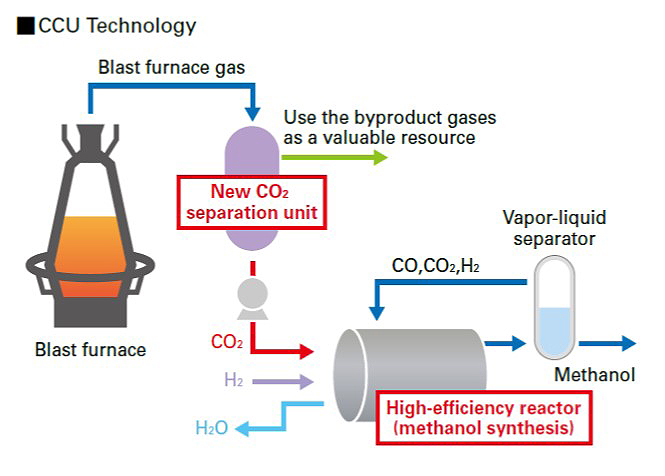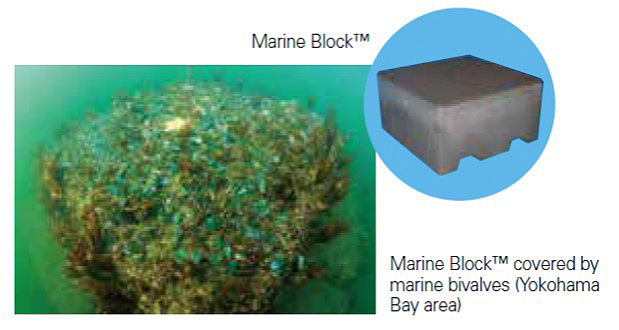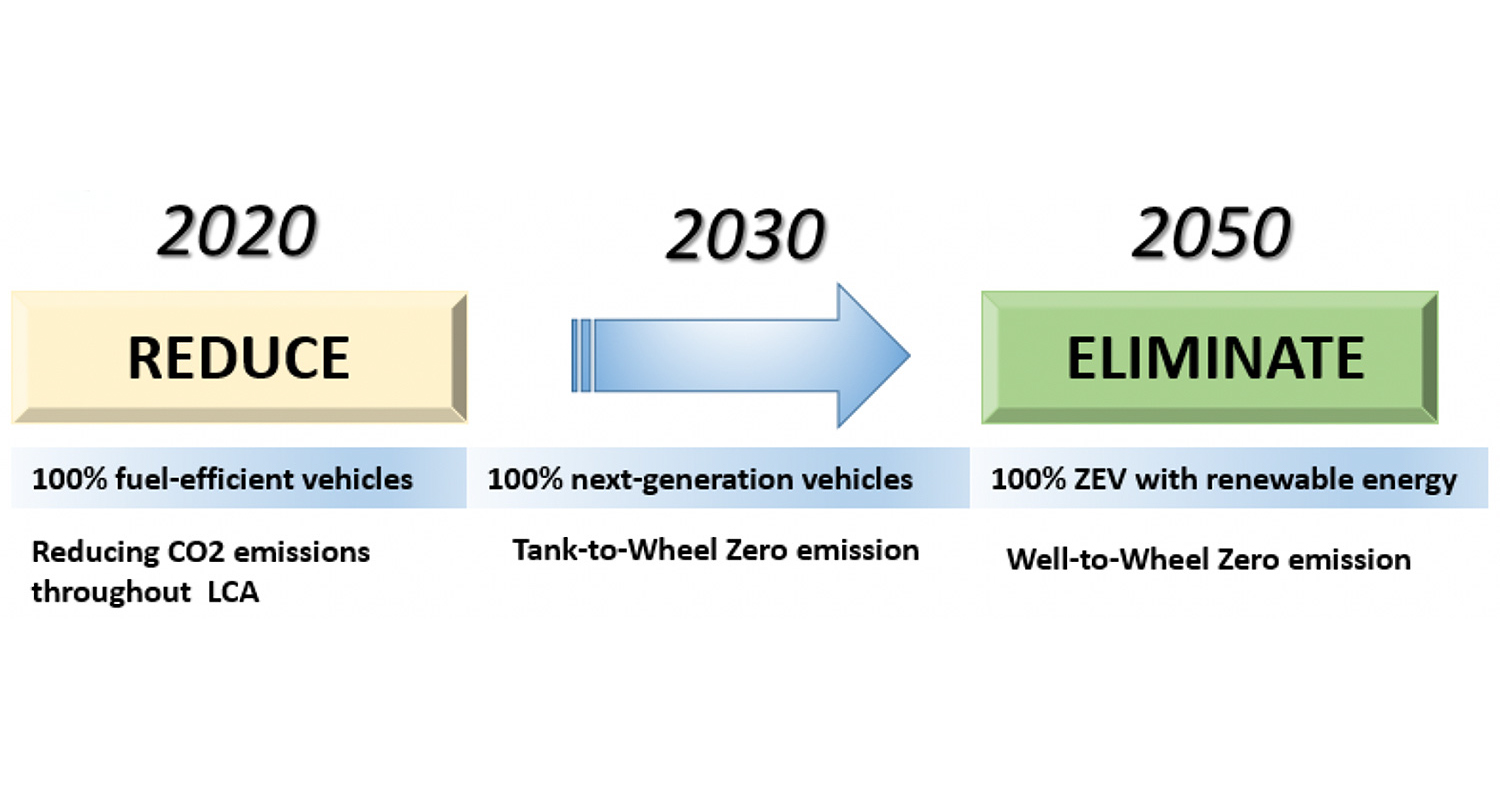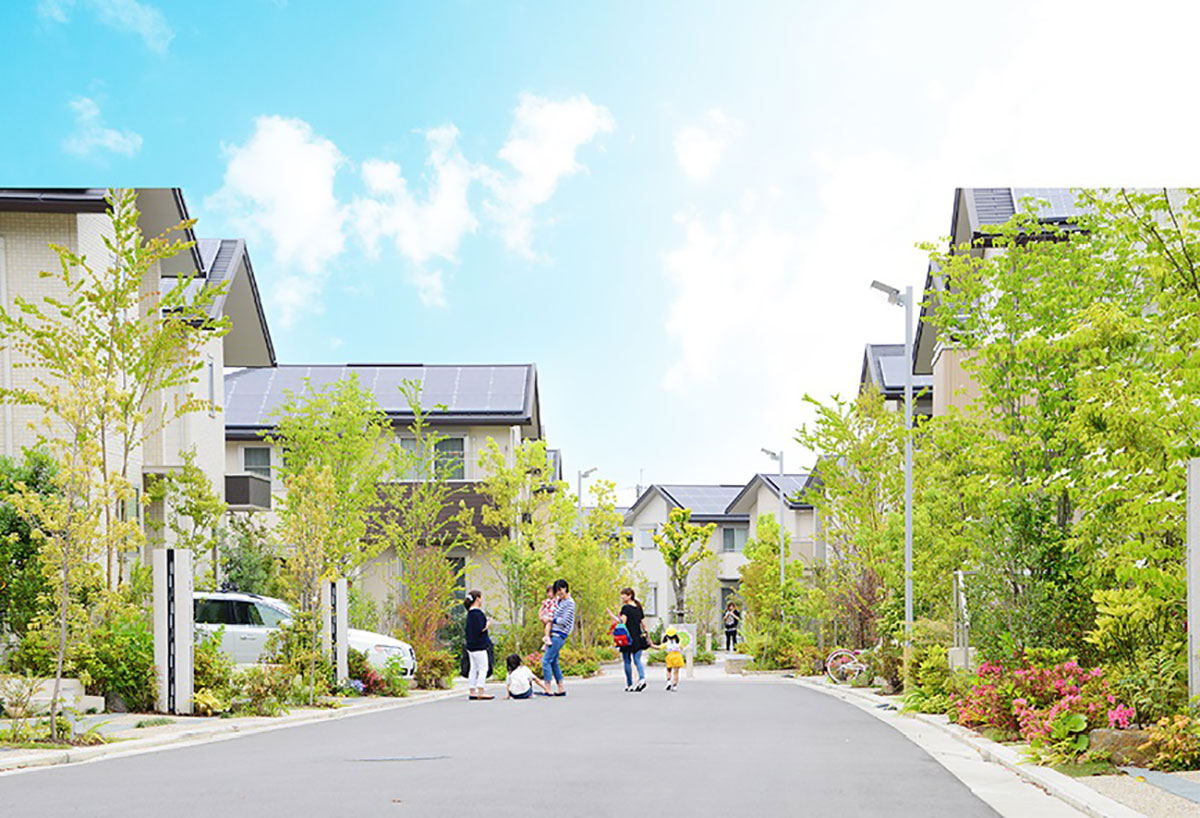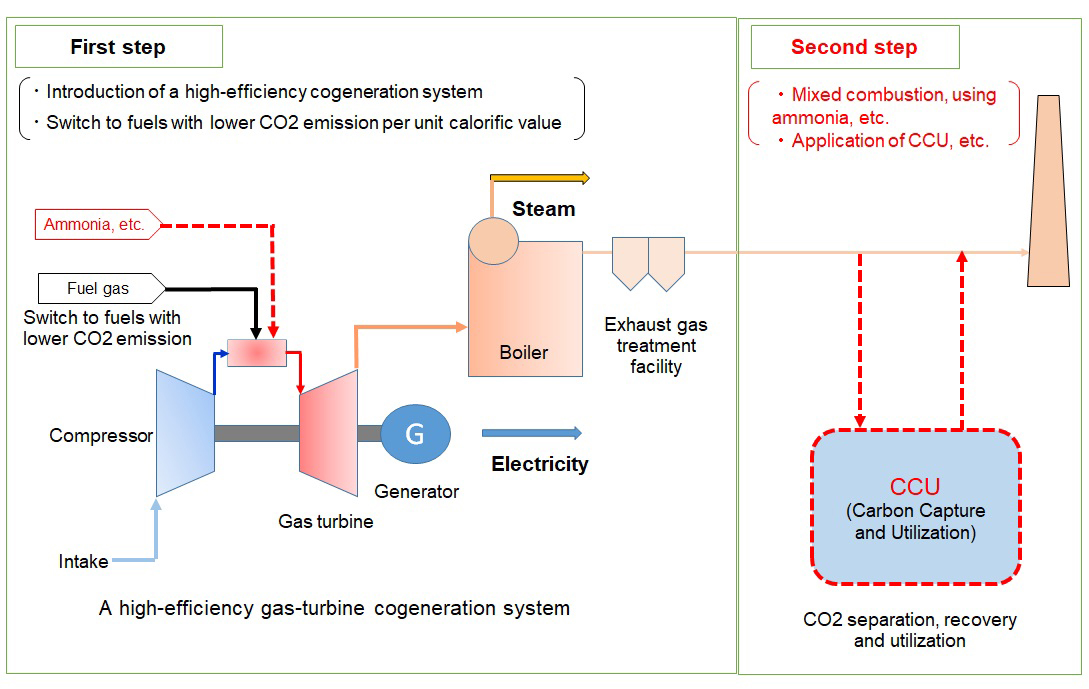Multi-site integrated energy network services for energy saving
JFE Holdings, Inc.
Outline
【JFE Engineering Corporation】
As a new energy conservation promotion measure in the industrial sector, we are developing multi-site integrated energy network services (JFE-METS) as a product. JFE-METS, by changing our viewpoint so far, analyzes the actual energy consumption conditions at multiple bases, such as business units and area units, rather than individual bases, and deploys the energy-related facilities as the whole optimum in each base. By implementing energy sharing including remote areas, it provides the energy service that generates energy conservation in a comprehensive manner. By expanding our JFE-METS as a product, we aim to achieve an annual energy saving of 200,000 kL (equivalent to 500,000 tons per year of CO2).
Description
In the industrial sector, promotion of energy conservation is an important theme, and the person in charge is making efforts to further wring out the "dry rag" in order to achieve energy conservation as much as possible by making full use of all measures. JFE-METS, by changing our viewpoint so far, analyzes the actual energy consumption conditions at multiple bases, such as business units and area units, rather than individual bases, and deploys the energy-related facilities as the whole optimum in each base. By implementing energy sharing including remote areas, it provides the energy service that generates energy conservation in a comprehensive manner.
The effects of this service are as follows:
① high operation rate of facilities for reduction of fossil fuels such as cogeneration,
② reduction of fuel cost by overall contract management, and
③ rationalization by overall energy management, which realize energy cost reduction at the same time as energy cost reduction.
We are developing JFE-METS as a business model that can accommodate a variety of groups and various energy facility structures depending on the companies or areas, and we believe that we can contribute to social energy conservation by disseminating this business model through sales efforts.
In order to disseminate of this business model, the promotion to the food, chemical, pharmaceutical industries, which have relatively large heat demand and generates large energy saving effect in the production activity, is considered to be the first thing. Assuming that the model can be disseminated 10% widespread in these industries, the market size can be 70-140 billion yen per year. Assuming an energy saving rate of 10%, energy can be reduced by 100,000-200,000 kL per year, and CO2 can be reduced by 250,000-500,000 tons per year.
Looking at the period up to 2050, as a means of further expanding JFE-METS, it is possible to plan and implement more energy-efficient models by creating more effective combinations of models by integrating individual units into multiple operators or multiple areas. In order to achieve this, not only further developing the control systems, but also deregulations are necessary, such as enabling the exchange of power between different operators utilizing the existing transmission and distribution networks. However, we would like to aim for CO2 reductions of 1 million tons per year by 2050.
Supplementary information
Outline of JFE-METS
http://www.jfe-eng.co.jp/news/2019/PDF/20200130.pdf
Other Innovation Challenges
Challenge for development of super‐innovative technologies focusing on “Carbon‐recycling Blast Furnace+CCU”
JFE Holdings, Inc.
Realization of decarbonization by developing hard carbon for next-generation lithium-ion battery "All-polymer battery"
JFE Holdings, Inc.
Technology of improving water quality of sea area by use of steel slag products
JFE Holdings, Inc.
Similar Innovation Challenges
Achieve 2050 decarbonization target with Net Zero Energy House!
Sekisui House, Ltd.
Achieving net-zero emissions by promoting renewable energy use through both our monozukuri and products.
DAIWA HOUSE INDUSTRY CO., LTD.



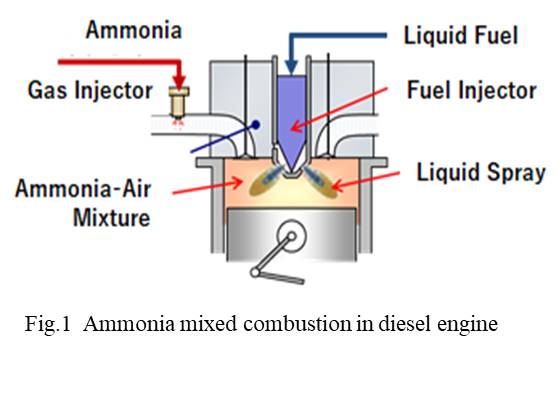
.png?id=2&tid=812&imageNumber=1)
